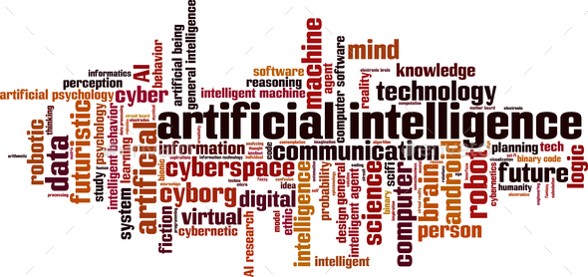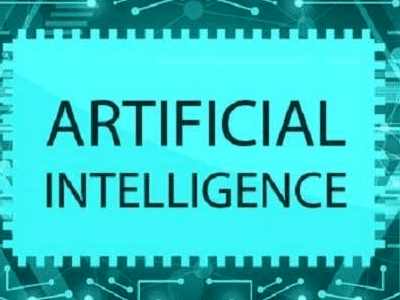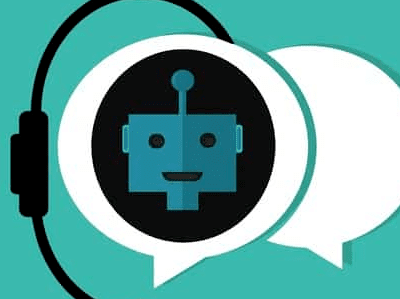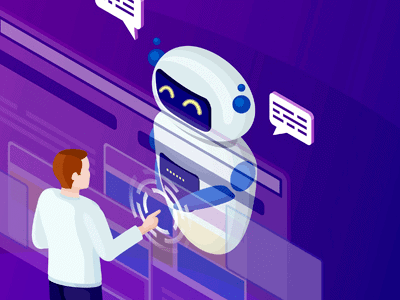Artificial Intelligence is already here and has started disrupting a lot of industries. Those who recognize this early enough and start experimenting will be able the ones who’ll lead in the digital era
Most of us have been hearing about Artificial Intelligence since our school and college days, and have always considered it to be one of those really hi-fi things that will only find place in science fiction movies.
Not anymore as the times are changing!
AI, and the larger cognitive space are no longer technologies that would take hundreds of years to become a reality. They have become a reality today, and are already being applied across various industries.
In fact, the pace of development in AI is so fast that according to Masayoshi Son, CEO, SoftBank, AI will actually replace human intelligence in another 30 years’ time. So by the time our kids grow up, they’ll probably be surrounded by AI based devices. He has also predicted that a single computer chip would have an IQ level of 10,000 within this period, which would make a pair of shoes more intelligent than humans!
Early Signs that Artificial Intelligence is Already Here
This may sound unbelievable, but we’re already seeing early signs of this. One of them is the growing eco-system of connected and smart devices around us–smartphones with their hundreds of apps, wristbands for tracking health, autonomous vehicles, robots in factories and toys, personal assistants like Siri and Cortana…there’s an endless list of connected devices available already. These are all generating a lot of data, which if used properly, present a huge business opportunity for organizations to tap.
Welcome to the Algorithm Economy!
You just need to be able to identify data that’s relevant for your business. This is where algorithms come in, which help make sense of all this data and let you act on it. Leading companies like IBM are creating products, services, and APIs that allow you to add cognitive capabilities to your applications with the help of these algorithms. We’re already seeing algorithms in action in E-Commerce companies. Amazon.com’s recommendation engine for instance, helps the e-commerce giant generate 35% of its revenue, while Myntra.com runs an entire department with only bots and no humans. It uses algorithms to design clothes based on what customers are buying, thereby eliminating the need for fashion designers; and bots place the orders to suppliers. Uber’s customer care center is powered by a lot of chatbots, so the company doesn’t have to worry about falling short of staff.
Applications of AI Across Industries
The applications of algorithms will only increase as more connected devices enter the eco-system and start generating data. The banking and insurance sector has already been toying with chatbots and robotic process automation. It helps them overhaul their support services, increase engagement, and drive more customers down the sales funnel. AI chatbots are artificially intelligent enough for the job to help you refine user experience.
Similarly, smart factories are another application of AI, which help gather data from sensors and provide real time updates to the management. In fact, COOs across the world are increasingly demanding for such digital transformation of operations.
Autonomous vehicles, or cars guided by AI are already being experimented with. They use deep learning and sensor fusion to build a complete 3D map of everything around the vehicle to empower the car to make better decisions than a human driver.
Similarly, AI is entering and disrupting just about every industry out there, be it toys, sports, fitness, or healthcare. There are AI based website designers that allow you to build websites without choosing any templates or designs. You just have to tell what you want and it will automatically create a website for you. Similarly, email marketing platforms are getting more intelligent to help you identify the right target audience to send your messages to.
In healthcare, there was recently a successful surgery performed independently by robots. In Agriculture, there are acres of farmlands being managed by robots instead of farmers.
So, AI is not science fiction anymore. It’s important for every enterprise to recognize this and start experimenting with the technology. You need to determine what part of AI would be relevant for your business and put a strategy in place with clearly defined milestones. Prepare an implementation roadmap to run your pilots and experiments.
There are enough success stories around, so learn from them.
Related Articles:












